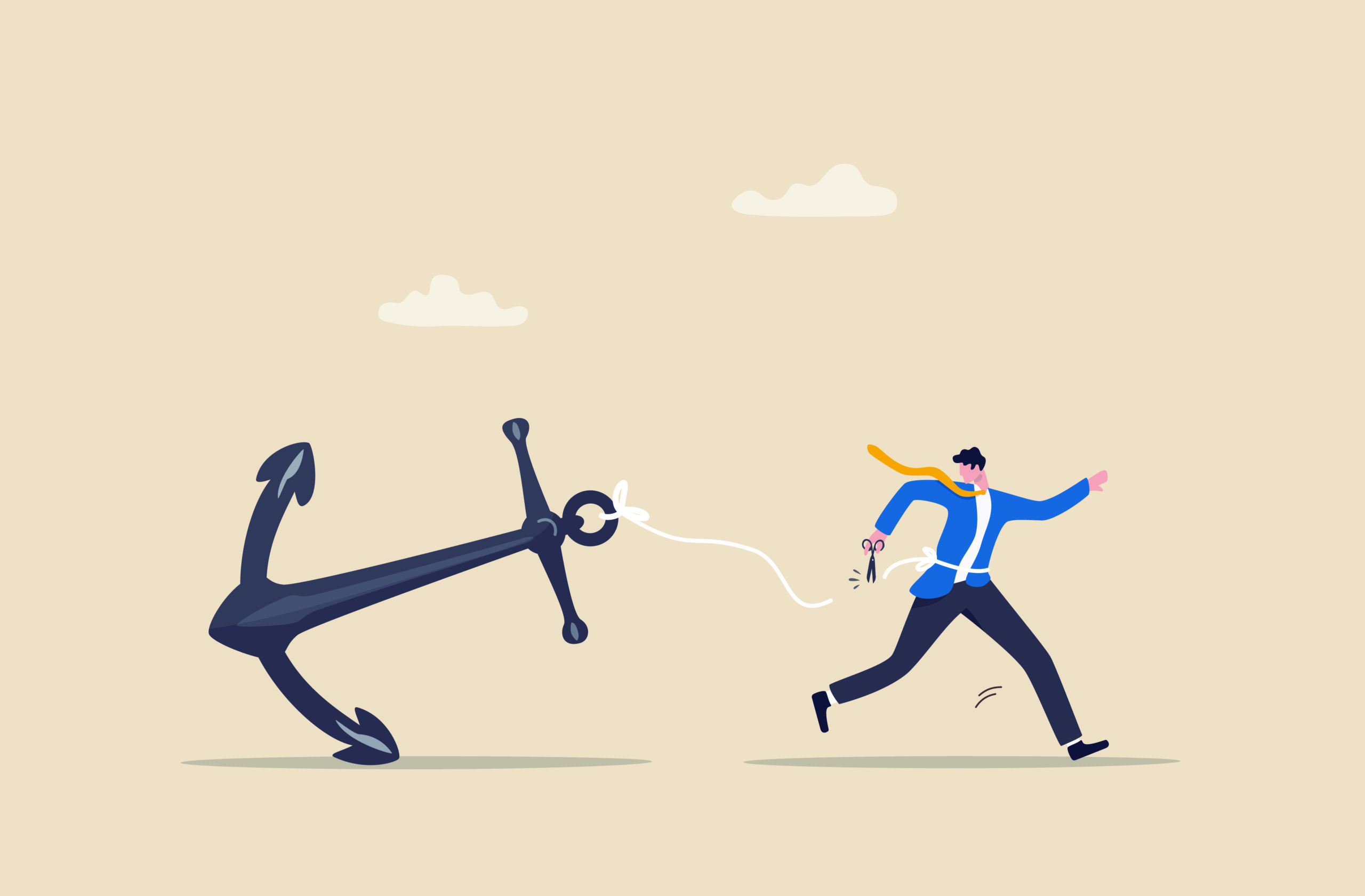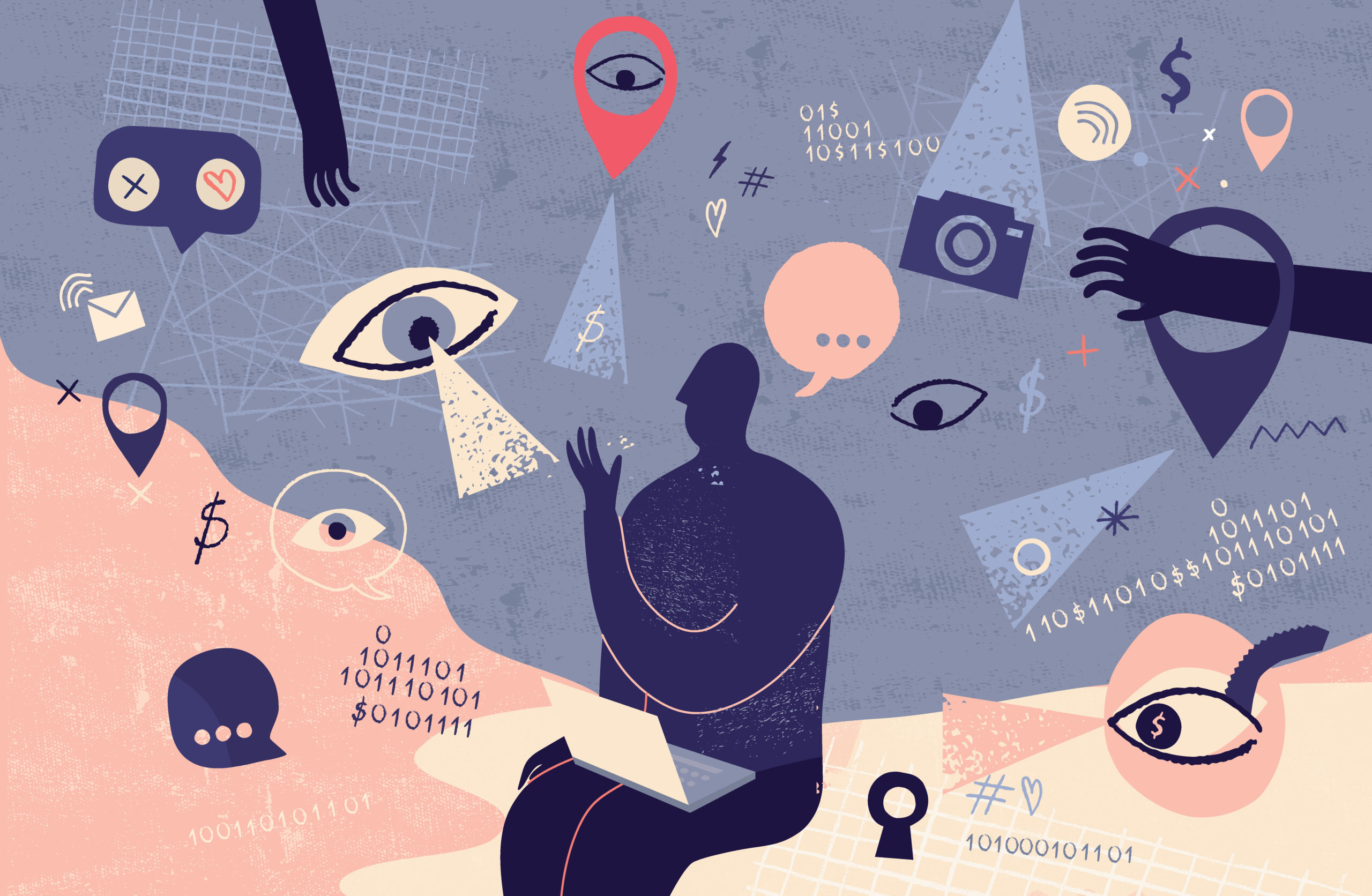by Darius Crayton
Most people have a habit they’d like to give up or add to their routine. In July 2021, a Qualtrics survey revealed that “61% of Americans are trying to break unhealthy habits they developed during the coronavirus pandemic.” While some habits are helpful, such as making the bed in the morning or maintaining oral hygiene, other habits, such as smoking and eating unhealthily, are detrimental. Knowing this, why is it so challenging to break these patterns?
Scientists have puzzled over this question for years. Quitting a habit takes more than wanting it or being told it is necessary. Stopping requires actionable strategies and several steps to break free from the bonds of bad habits. Below are three actionable steps to start breaking that bad habit today:
Know the triggers
A trigger is simply the context or situation in which a person tends to engage bad habits. For someone who stress eats, working late on a big project might be a trigger. A smoker may find it harder when a friend asks them to enjoy a smoke break with them at work. Some want to break bad sleeping habits but enjoy scrolling on their phone too much to go to sleep. These are all examples of situations that trigger someone to indulge in a habit they want to break.
Identifying triggers can make it easier to avoid them and break the habit. To identify triggers, consider the following:
»Where and when does the habitual behavior happen?
»Are other people involved in the habit?
»Does it happen immediately following a particular situation or event?
Consider the habit’s effect on emotions and quality of life
Determining triggers is only part of the equation. Focus on why the habit is not healthy. For example, a procrastinator might think about how surfing the net or scrolling on social media is not as satisfying as checking something off their to-do list. People often feel sad or out of control after overeating or puffing that fourth cigarette of the day.
Staying up late can impact functioning the next day, affecting work performance, driving ability and other important daily tasks. Repeatedly focusing on why the habit does not serve them can help a person become more aware of their habit. Awareness helps the brain accurately assess the risk/reward scenario. Simply put, training the brain to recognize the habit’s effects can help it stop craving that activity, regardless of the temporary euphoria.
Replace the bad habit with a better habit
It’s no secret that quitting a habit is physically and mentally tough. Some would even say impossible. Recognizing triggers and identifying how the practice impacts emotional well-being are great first steps toward breaking that habit. However, breaking a pattern is a lot easier said than done. Therefore, the final step in the process is to find a new habit that is more rewarding.
Often, when a person tries to stop doing something, it becomes all they can think about. Humans are action-oriented beings. Studies have shown that the more someone suppresses a thought, the more likely they are to think about it or even revert to a previous action. A 2008 study in Appetite, a monthly peer-reviewed scientific journal, discovered that subjects who suppressed their thoughts about eating chocolate consumed far more chocolate than those who didn’t.
Rather than suppress the thought, it is best to have a plan when the craving strikes. For example, a stress-eater might try drinking three glasses of water to suppress their appetite. When a procrastinator finds themself reaching for their phone, perhaps, they reach for their to-do list instead and make a realistic plan. If a friend invites a smoker to join them for a smoke break, they could make a cup of tea to enjoy on the break instead of smoking .
Of course, replacing a bad habit with something else is not easy and can sometimes be discouraging. Stick with it. A 2010study by the European Journal of Social Psychology found that it takes between 18 to 254 days for a behavior to change. With a little diligence, it is realistic that a person may one day look back on their bad habit and question why it was such a struggle








Leave A Comment